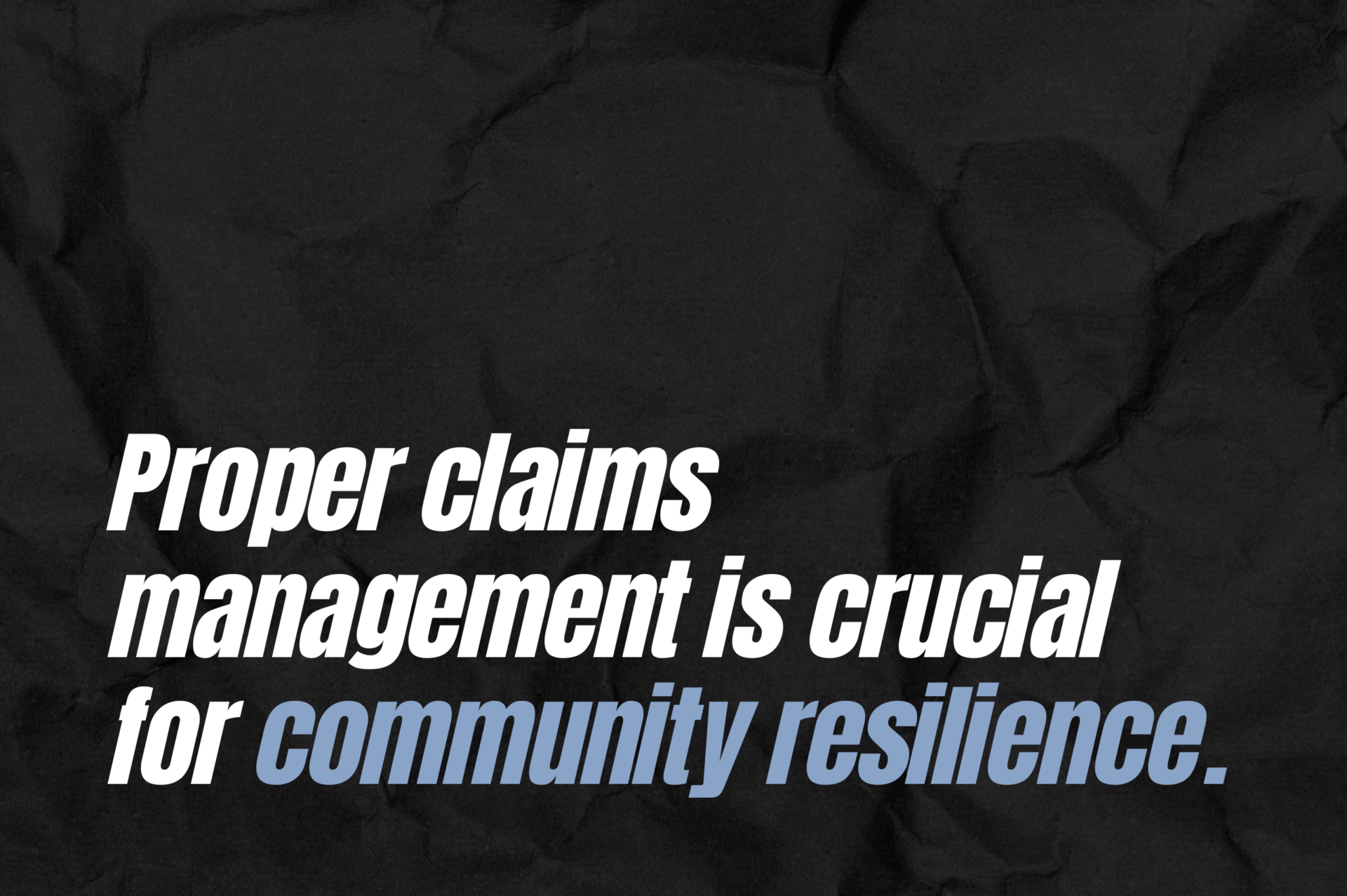The Domino Effect of Underpaid Claims on Local Communities
When disaster strikes, communities rely on swift, fair insurance settlements to rebuild and recover. However, underpaid insurance claims often disrupt this recovery process, creating a ripple effect that impacts not just the property owner but also local contractors, businesses, and the broker economy.

Understanding Underpaid Claims and Their Immediate Impact
An underpaid insurance claim occurs when an insurer’s payout fails to cover the full scope of damages, leaving property owners scrambling to make up the difference. This shortfall can delay repairs and force property owners to deplete savings, take on debt, or leave damages unaddressed.
Local Contractors: The Unsung Victims of Underpaid Claims
Underpaid claims don’t just stall repairs—they directly hurt contractors, who depend on fair compensation for their work. When property owners can’t afford the total cost of repairs, contractors are often forced to cut corners, accept reduced payments, or even abandon projects altogether.
How Underpaid Claims Ripple Through the Local Economy
The economic consequences of underpaid claims are far-reaching. When property repairs are delayed, local businesses suffer from reduced foot traffic, especially in storm-damaged areas. Lower consumer spending during recovery periods also hurts retail, dining, and service industries.
A study by the Federal Reserve Bank of Dallas found that communities impacted by major hurricanes saw an average 15% reduction in local economic activity in the first year following an underinsured event. These losses were attributed to stalled construction projects, lower sales tax revenue, and decreased consumer confidence.
Furthermore, cities and towns that depend on property taxes to fund public services often experience budget shortfalls when recovery is delayed, forcing cuts to schools, emergency services, and infrastructure maintenance.
Fair Claims Are the Foundation of Resilience Communities
Underpaid claims don’t just hurt individual property owners; they create a chain reaction that can affect contractors, businesses, and the local economy. The solution to the domino effect lies in better collaboration between insurers, policyholders, and public adjusters. Public adjusters are vital in fighting for claims to be handled properly. By advocating for fair claims and leveraging resources like a public adjuster, communities can hopefully have faster recovery, greater stability, and a stronger future.
If you’re facing a storm-related insurance claim, you don’t have to navigate it alone.
Contact Premier Claims today!
"*" indicates required fields
